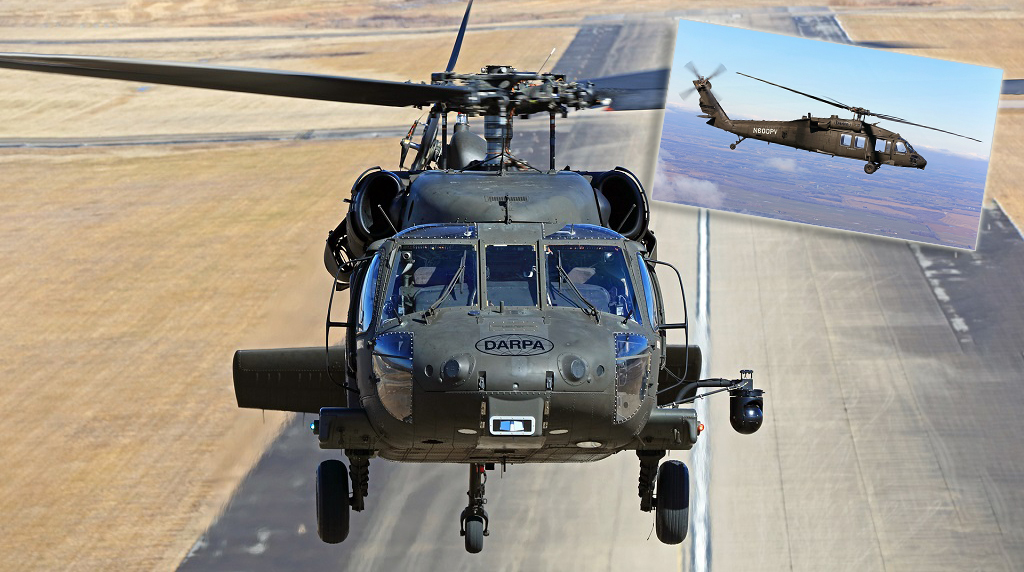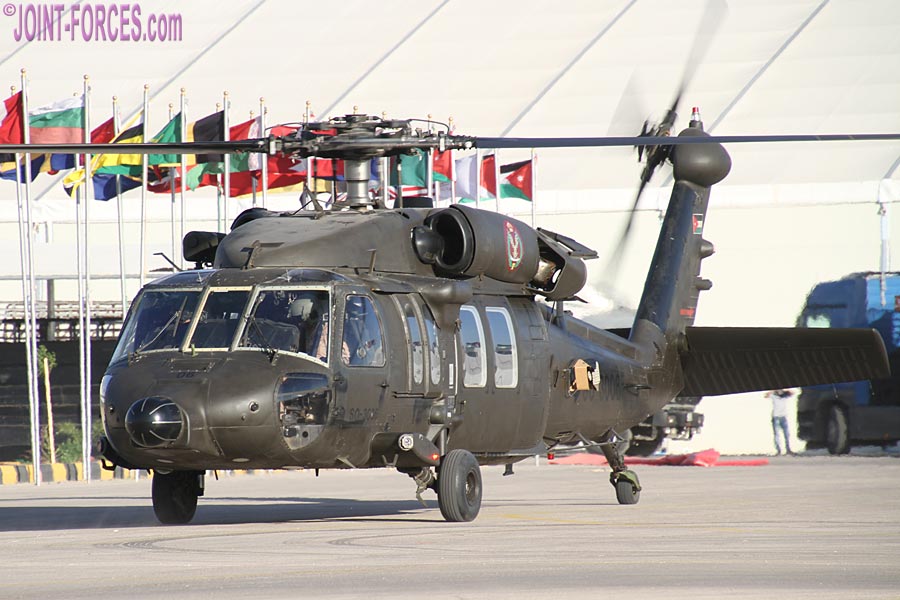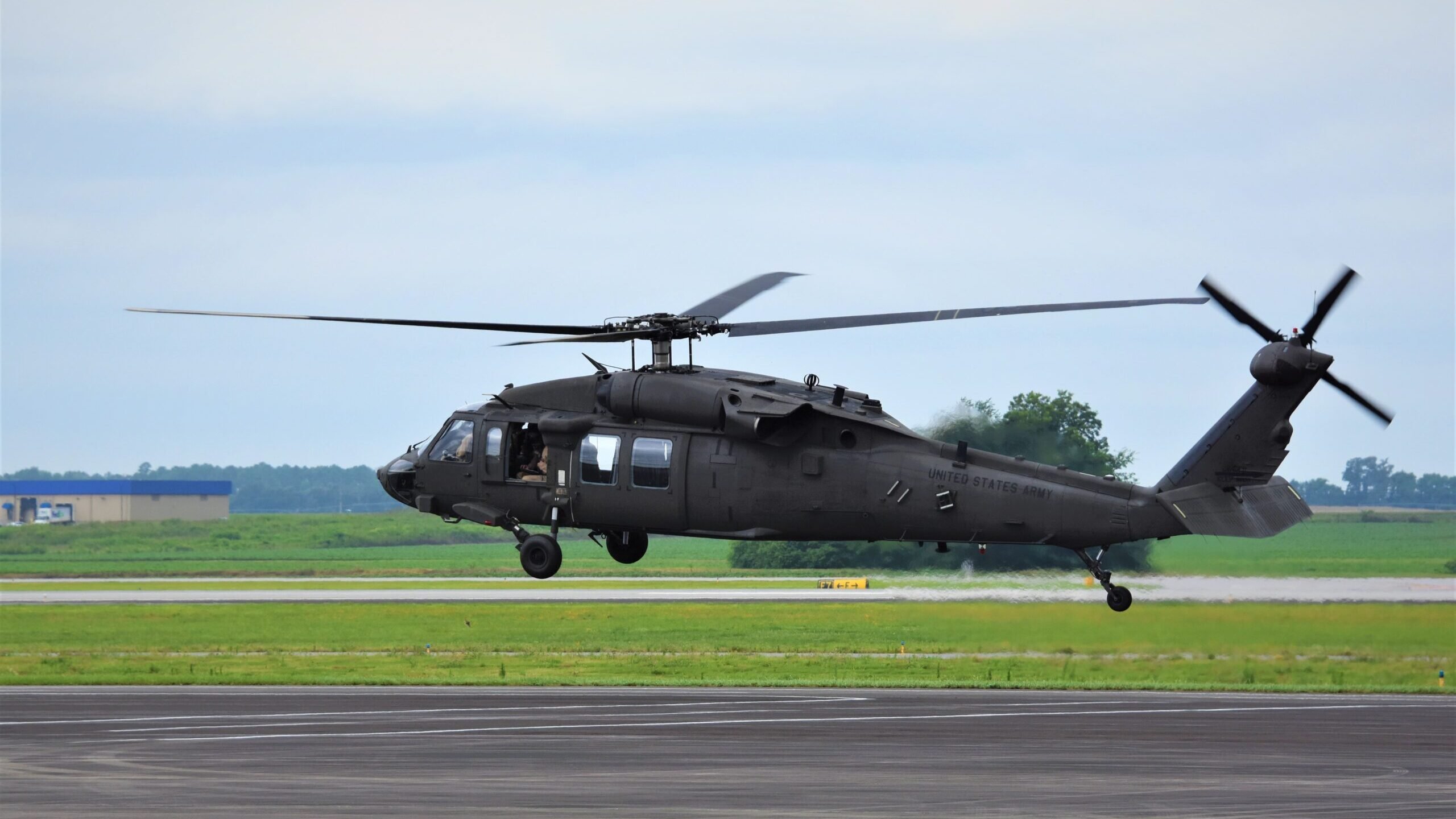UH 60 Black Hawk Helicopter Variants and Their Usages
UH 60 Black Hawk Helicopter Variants and Their Usages
Blog Article
The Impact of Lasting Practices on the Future of Aircraft Procedures and Emissions Decrease
As the aeronautics industry faces raising examination over its environmental effect, the adoption of lasting techniques arises as a vital pathway towards future aircraft operations and exhausts reduction. Technologies in lasting air travel fuels and advancements in crossbreed propulsion modern technologies stand at the forefront of this transformation, promising substantial reductions in greenhouse gas emissions. However, the successful integration of these efforts hinges on a variety of factors, including regulatory frameworks and industry partnership. The concern stays: exactly how will these developing methods reshape the characteristics of flight and contribute to an extra sustainable future?

Overview of Sustainable Practices
Sustainable methods in airplane operations incorporate a variety of strategies focused on decreasing ecological effect while preserving functional performance. These techniques are vital in the aviation industry's dedication to lessening its carbon footprint and sticking to international ecological requirements. Trick campaigns consist of optimizing flight paths to reduce fuel usage, enhancing maintenance protocols to ensure airplane operate at peak efficiency, and implementing sophisticated technologies such as winglets and lightweight products that improve the rules of aerodynamics.

Training and engaging team on sustainability techniques additionally play an essential role, fostering a society of ecological responsibility within companies. Generally, the combination of these lasting practices not only aids reduce discharges however additionally boosts the long-lasting stability of the air travel industry, guaranteeing it meets the demands of both customers and governing bodies while adding to worldwide sustainability goals.
Cutting-edge Fuel Alternatives
Numerous ingenious fuel choices are becoming pivotal remedies to reduce the aviation market's dependence on traditional fossil gas. Amongst these alternatives, Sustainable Aviation Gas (SAFs) have actually gotten considerable interest as a result of their possible to decrease lifecycle greenhouse gas exhausts by as much as 80% compared to traditional jet gas. SAFs are stemmed from different feedstocks, consisting of waste oils, agricultural residues, and even algae, making them a versatile choice for the sector.
One more encouraging option is hydrogen fuel, which, when used in fuel cells, generates only water vapor as a by-product. This zero-emission possible presents a substantial opportunity for decarbonizing trip operations, specifically for short-haul trips and regional airplane. In addition, electrical propulsion systems are being checked out, leveraging battery technology to power aircraft. While existing battery ability limits array and haul, ongoing developments may quickly render electrical flights sensible for details applications - uh 60.
Lastly, biofuels originated from biomass are being examined, providing an eco-friendly alternative that can be mixed with typical gas. Jointly, these ingenious fuel alternatives stand for a vital action toward achieving a sustainable aeronautics ecosystem, straightening with global exhausts decrease targets and enhancing the sector's environmental stewardship.
Technical Improvements in Aviation

Exactly how can technological advancements improve the future of aviation? The combination of sophisticated technologies is crucial in transforming aircraft operations, boosting performance, and decreasing discharges. Advancements such as electric and hybrid propulsion systems go to the forefront, promising considerable reductions in fuel intake and greenhouse gas discharges. These systems leverage developments in battery technology and energy monitoring, allowing aircraft to operate with a lower environmental footprint.
Additionally, the application of advanced materials, such as lightweight compounds, adds to enhanced aerodynamics and gas efficiency. Making use of expert system and equipment learning in trip operations maximizes route preparation and reduces gas melt by enabling real-time changes based upon weather and web traffic conditions. Additionally, the growth of independent and from another location piloted More Info aircraft systems stands to change cargo and traveler transport, possibly raising efficiency while lessening human error.
Furthermore, lasting aviation innovations, consisting of sophisticated air traffic administration systems, can improve operations and reduce congestion, leading to reduced discharges throughout trip. These developments collectively see post stand for a standard change in aeronautics, guaranteeing a future where sustainability and operational effectiveness are intertwined, thereby sustaining the industry's dedication to minimizing its ecological effect.

Governing Framework and Compliance
Due to the expanding focus on environmental stewardship within the aeronautics field, the regulative structure regulating aircraft operations is developing to advertise lasting techniques. Regulative bodies, such as the International Civil Aeronautics Organization (ICAO) and various nationwide aviation authorities, are introducing stringent guidelines focused on lowering exhausts and enhancing functional effectiveness.
These policies often consist of the fostering of Sustainable Aeronautics Fuel (SAF), which has been identified as a crucial component in accomplishing reduced carbon footprints. Compliance with these policies needs airlines to carry out functional methods and innovative innovations, such as enhanced trip paths and improved air traffic management, to lessen fuel intake.
In addition, the enforcement of exhausts trading systems and carbon countering efforts is ending up being increasingly common, compelling airline companies to monitor and report their emissions accurately. Non-compliance check these guys out can cause substantial penalties, thus pushing operators to focus on sustainability in their company models.
Eventually, the developing governing landscape not only drives advancement and financial investment in eco-friendly innovations but likewise promotes a society of accountability within the air travel industry. As these structures continue to develop, the emphasis on sustainable methods will be indispensable to attaining the market's long-lasting ecological objectives.
Future Patterns in Airplane Procedures
As the aeronautics market adapts to a significantly strict governing environment, future trends in aircraft procedures are set to concentrate on innovative options that even more enhance sustainability and effectiveness - uh 60. Trick growths will likely consist of the fostering of advanced air web traffic monitoring systems, which make use of real-time data and synthetic knowledge to maximize flight paths, lowering gas usage and exhausts
An additional considerable fad is the increased integration of lasting aeronautics gas (SAFs) These options to conventional jet gas, originated from renewable resources, can dramatically reduce lifecycle greenhouse gas exhausts. The market's dedication to SAFs will likely increase as airline companies work together with gas producers to ensure availability and cost-effectiveness.
In addition, the push in the direction of electrification and hybrid propulsion systems is getting momentum. Emerging airplane layouts will certainly incorporate these technologies, offering quieter and extra efficient procedures, especially for short-haul trips.
Verdict
The fostering of sustainable air travel fuels, combined with developments in electrical and hybrid propulsion systems, is important for lessening lifecycle greenhouse gas exhausts. Maximizing flight courses and embracing innovative technologies contribute to a quieter and more eco friendly aviation industry.
Advancements in lasting air travel fuels and developments in crossbreed propulsion technologies stand at the leading edge of this change, encouraging significant decreases in greenhouse gas discharges.Numerous cutting-edge fuel options are arising as pivotal services to reduce the aviation market's dependence on traditional fossil fuels - uh 60. Among these choices, Sustainable Air travel Fuels (SAFs) have gotten substantial focus due to their prospective to decrease lifecycle greenhouse gas exhausts by up to 80% contrasted to standard jet gas.One more substantial trend is the raised assimilation of lasting aeronautics gas (SAFs) The fostering of lasting air travel gas, paired with improvements in electric and hybrid propulsion systems, is important for minimizing lifecycle greenhouse gas emissions
Report this page